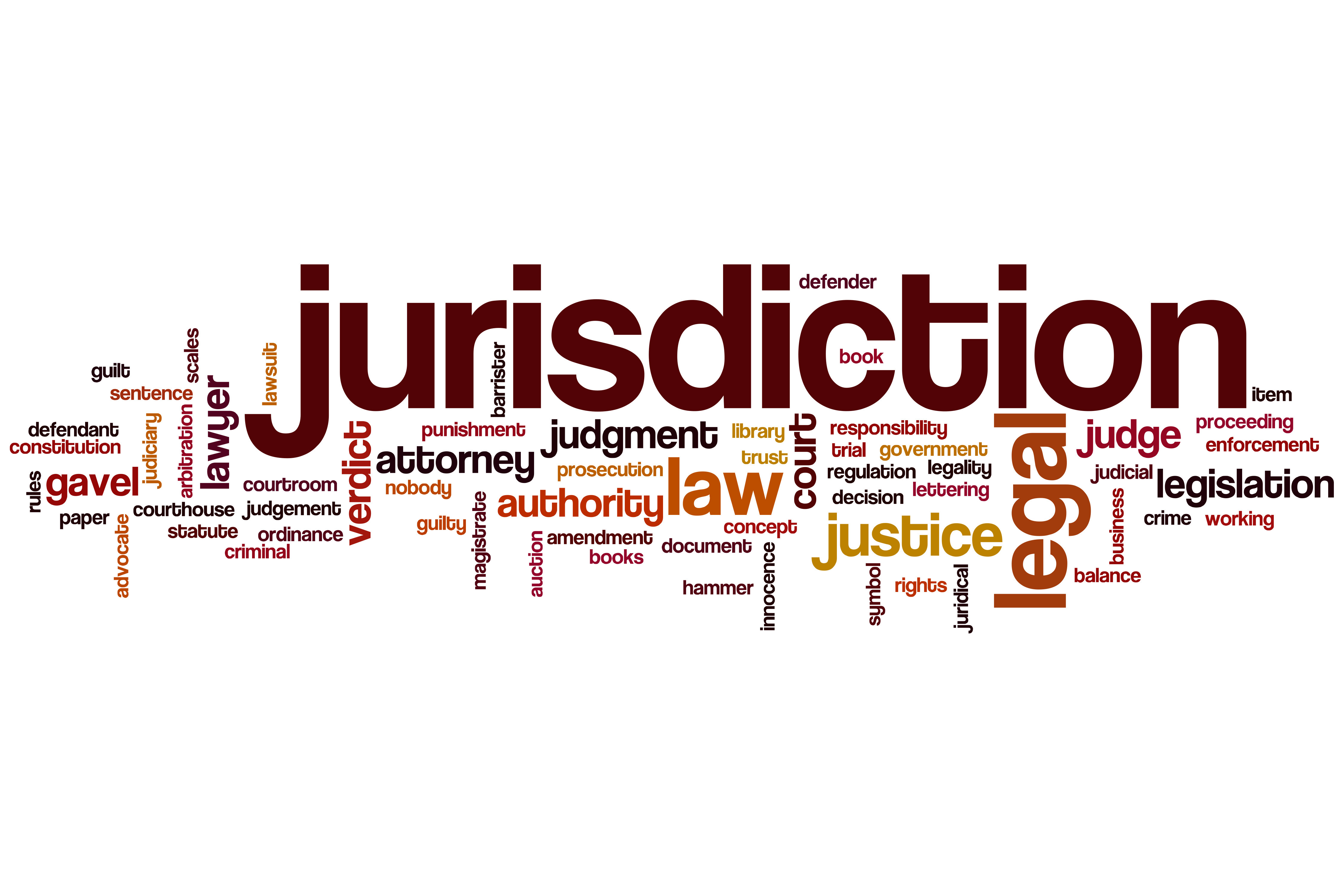Federal Court (Full Court). Can it be said that, the Federal Court's "jurisdiction having been validly invoked, the Court had power to grant declaratory relief as an adjunct or alternative to other relief, the source of that power being found in either or each of s 23 of the [FCA Act] and s 16 of the ADJR Act, if not also the Court’s status as a superior court of record and one of law and equity"?
Although this question involved veteran affairs, it might be useful to migration and citizenship matters.
Some of the questions to the Full Court of the Federal Court (FCAFC) were as follows:
Question 1: Can it be said that, the Federal Court's "jurisdiction having been validly invoked, the Court had power to grant declaratory relief as an adjunct or alternative to other relief"?
If the answer to Question 1 is 'yes':
Question 2: Can the source of that power be found in s 23 of the Federal Court of Australia Act 1976 (Cth)?
Question 3: Can the source of that power be found in s 16 of the ADJR Act?
Question 4: Can the source of that power be found in the Court’s status as a superior court of record and one of law and equity?
Question 5: Is it broad the jurisdiction to grant declaratory relief so as to declare the rights of parties in relation to a dispute?
Question 6: Can declaratory relief be refused as a matter of discretion based on lack of utility?
Question 7: Can declaratory relief be refused as a matter of discretion based on the existence of an adequate alternative remedy?
Question 8: Can it be said that "there is no such thing as deemed or constructive bad faith" and that "deficiencies in public administration do not, without more, entitle a court to drawn an inference of bad faith on the part of a public servant"?
Question 9: In circumstances where a particular cases highlights "an issue of pervasive importance in public administration concerning an ambiguously worded statutory provision, not just the mere application of legislation in a given case" and where the issue raised is truly moot, can a departure from the usual costs outcome be warranted?
The FCAFC answered those questions as follows:
The remainder of this article is only available to Case Law and Platinum subscribers.
Read our Terms & Conditions and upgrade below:
Monthly Subscriptions
Annual Subscriptions
Where GST applies, the above amounts are inclusive of GST.
Content Types
Basic Content includes basic news, some media articles and selected announcements.
Premium Content includes all our content, except for Case Law Content. In other words, it includes Basic Content, plus all our articles on legislative and policy changes, industry updates and the Migration Legislation Tracker.
Case Law Content includes Basic Content, plus case law summaries, analysis and extract, but does not include Premium Content.
Platinum Content includes Basic Content, plus Premium Content, plus Case Law Content. In other words, it includes ALL our content.
If you already have a Case Law or Platinum subscription, click on 'Login' below.










